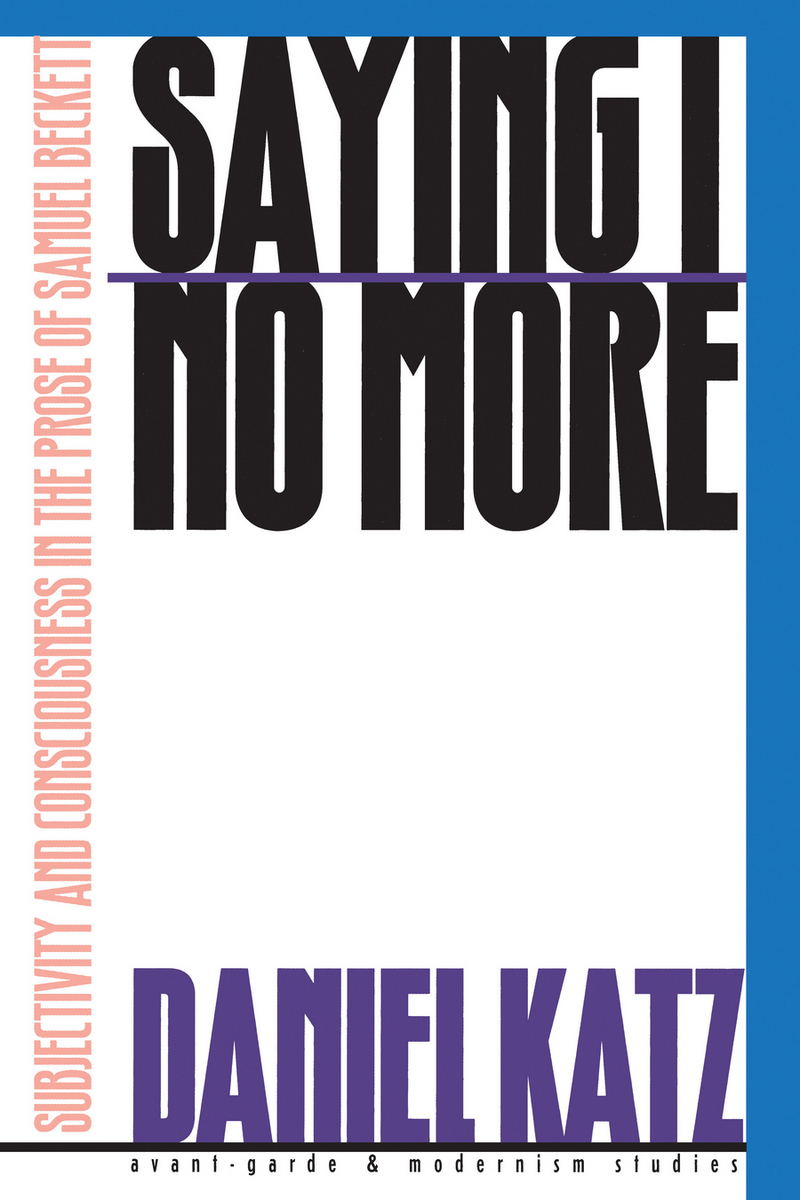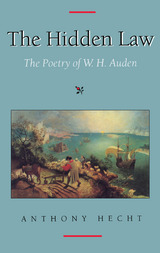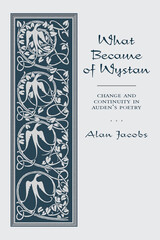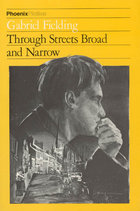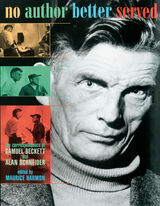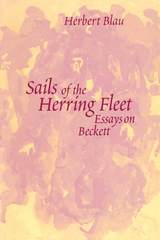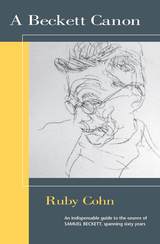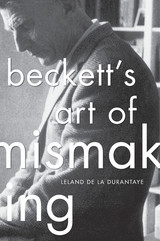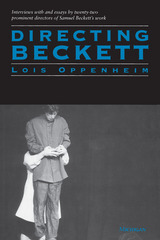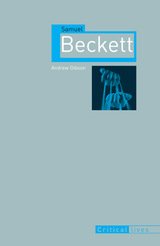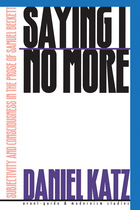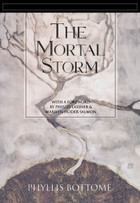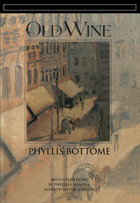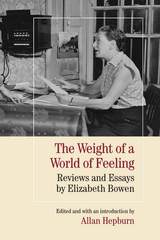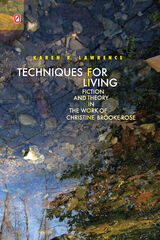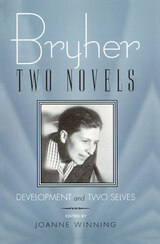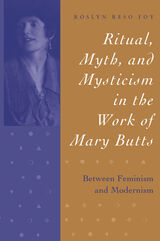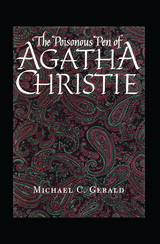Saying I No More: Subjectivity and Consciousness in the Prose of Samuel Beckett
Northwestern University Press, 1999
Paper: 978-0-8101-1683-2 | Cloth: 978-0-8101-1682-5
Library of Congress Classification PR6003.E282Z7539 1999
Dewey Decimal Classification 828.91208
Paper: 978-0-8101-1683-2 | Cloth: 978-0-8101-1682-5
Library of Congress Classification PR6003.E282Z7539 1999
Dewey Decimal Classification 828.91208
ABOUT THIS BOOK | AUTHOR BIOGRAPHY | REQUEST ACCESSIBLE FILE
ABOUT THIS BOOK
In recent criticism, Samuel Beckett's prose has been increasingly described as a labor of refusal: not only of what traditionally has made possible narrative and the novel but also of the major conventional suppositions concerning the primacy of consciousness, subjectivity, and expression for the artistic act. Beginning from the premise that Beckett never betrays his belief in "the impossibility to express," Saying I No More explores the Beckettian refusal. Katz posits that the expression of voicelessness in Beckett is not silence, that the negativity and negation so evident in the great writer's work are not simply affirmed, but that the valorization of abnegation, emptiness, impotence, or the "no" can all too easily become itself an affirmation of power or an inverted imposition of force.
See other books on: Consciousness | Ireland | Modernism (Literature) | Self in literature | Subjectivity
See other titles from Northwestern University Press
